Back to Courses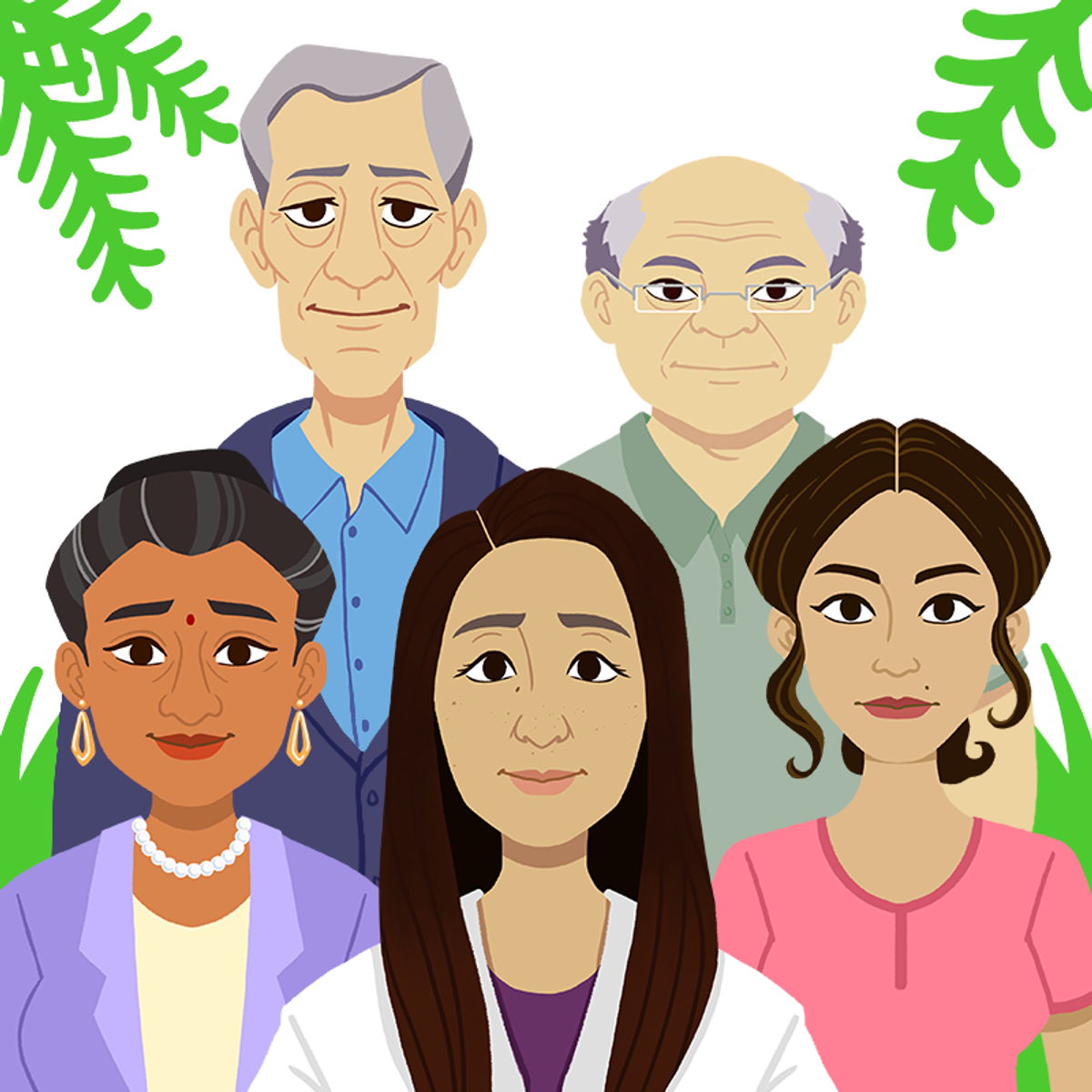
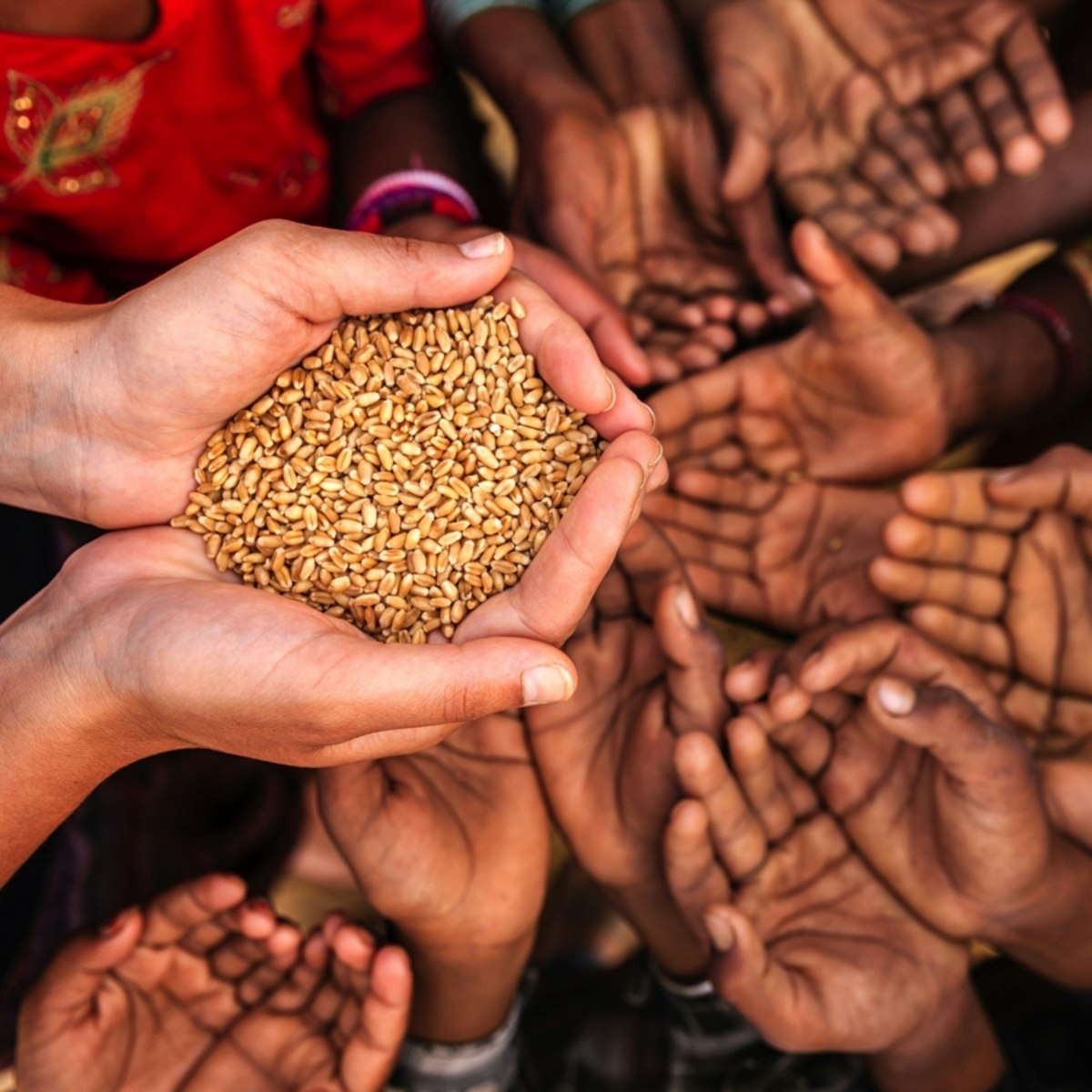

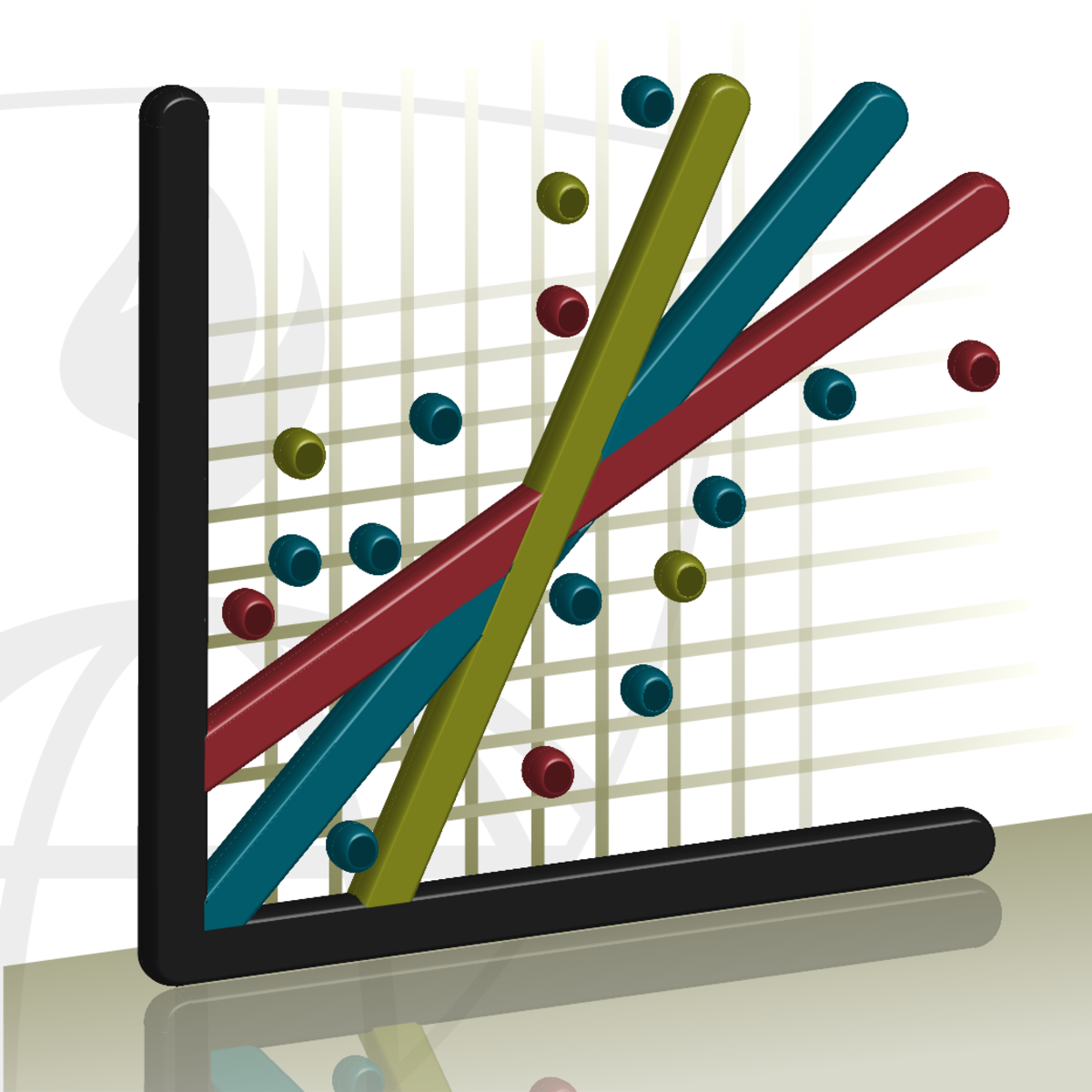

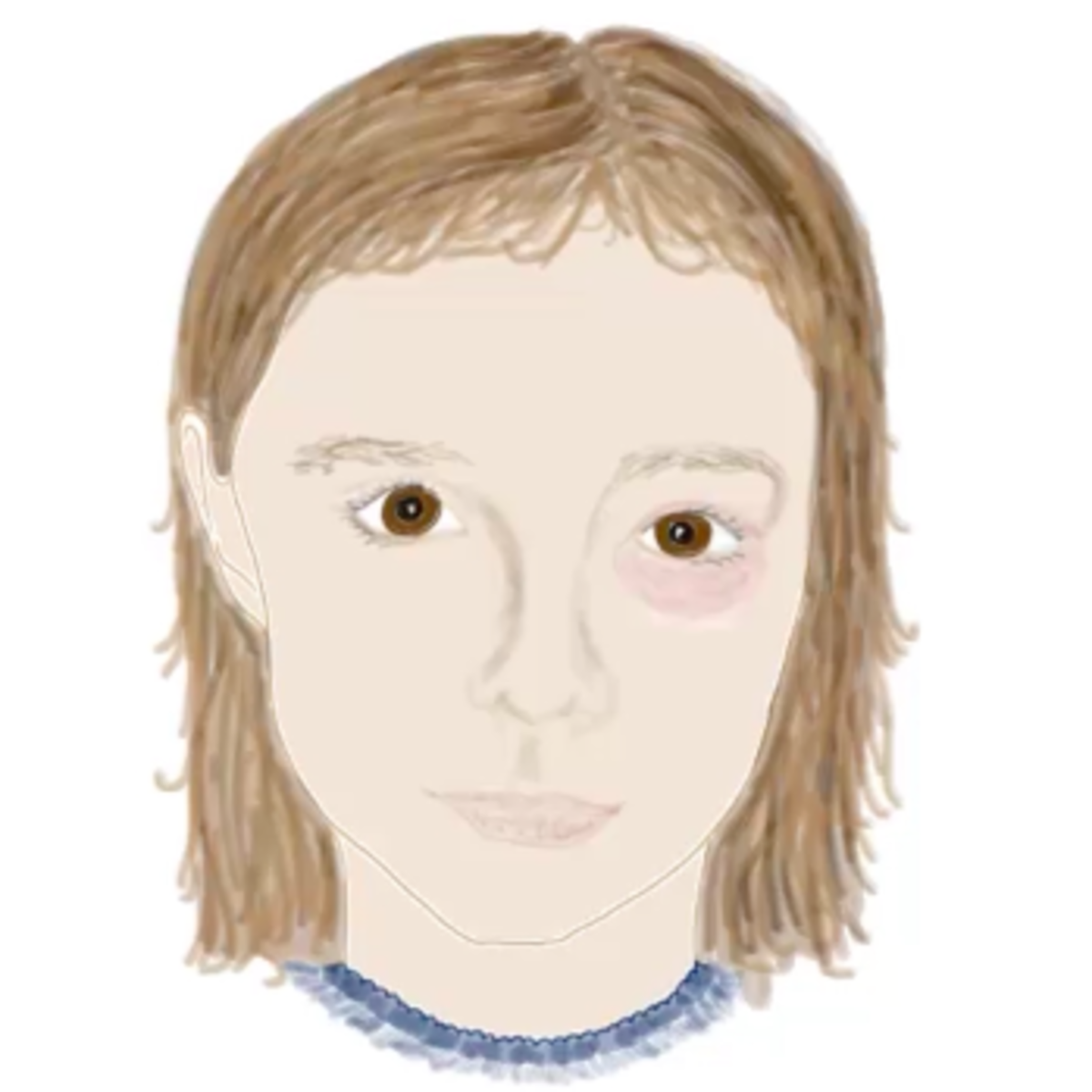
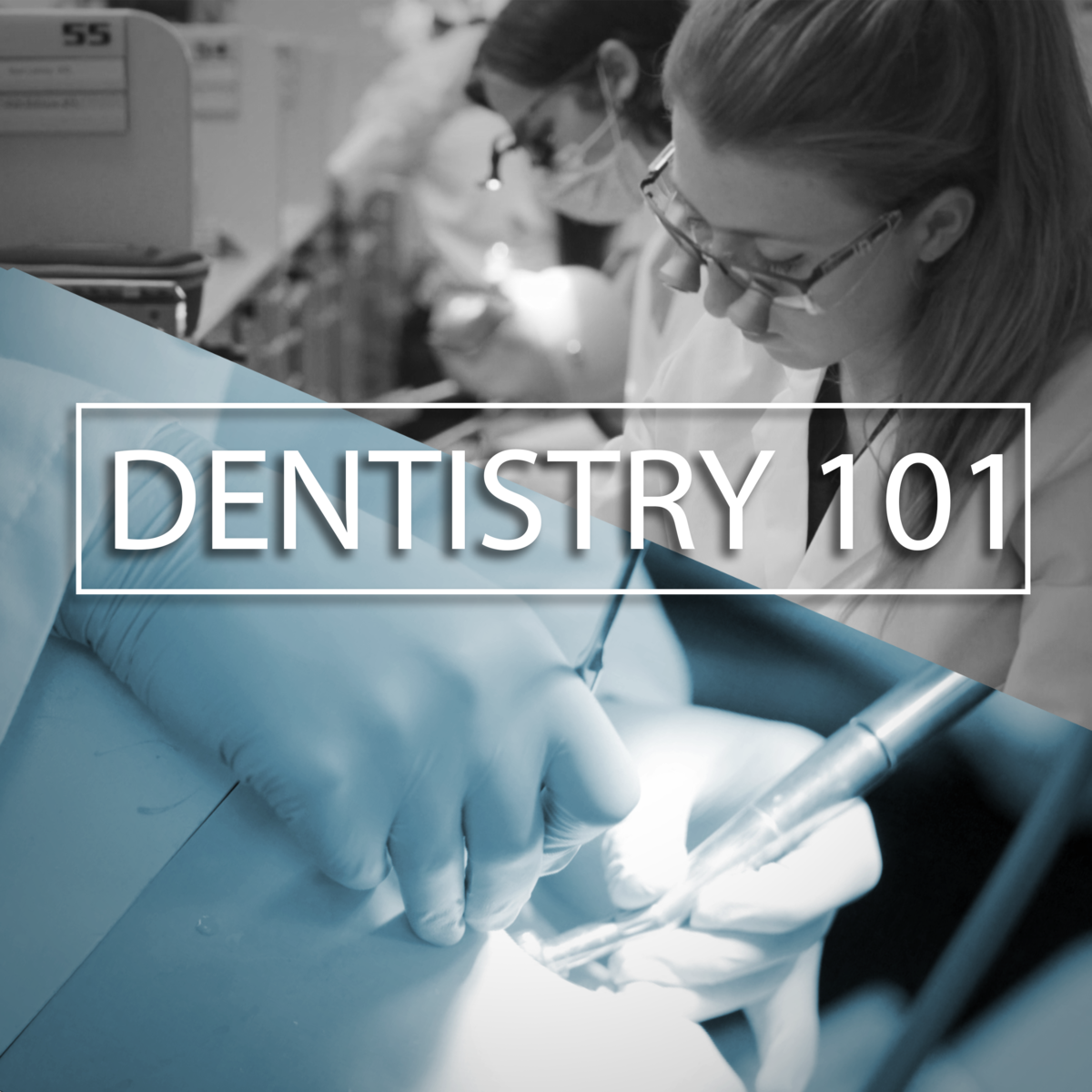
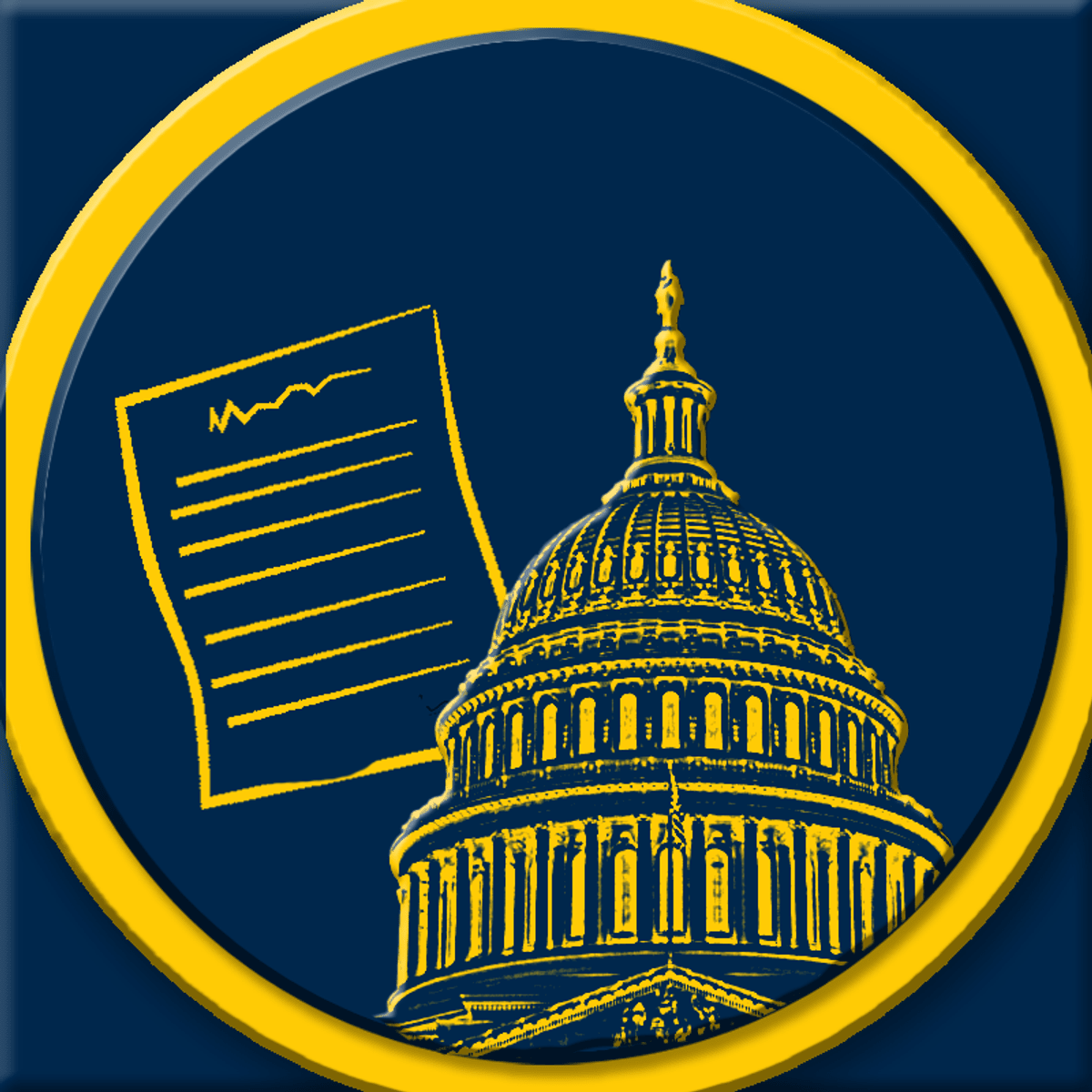
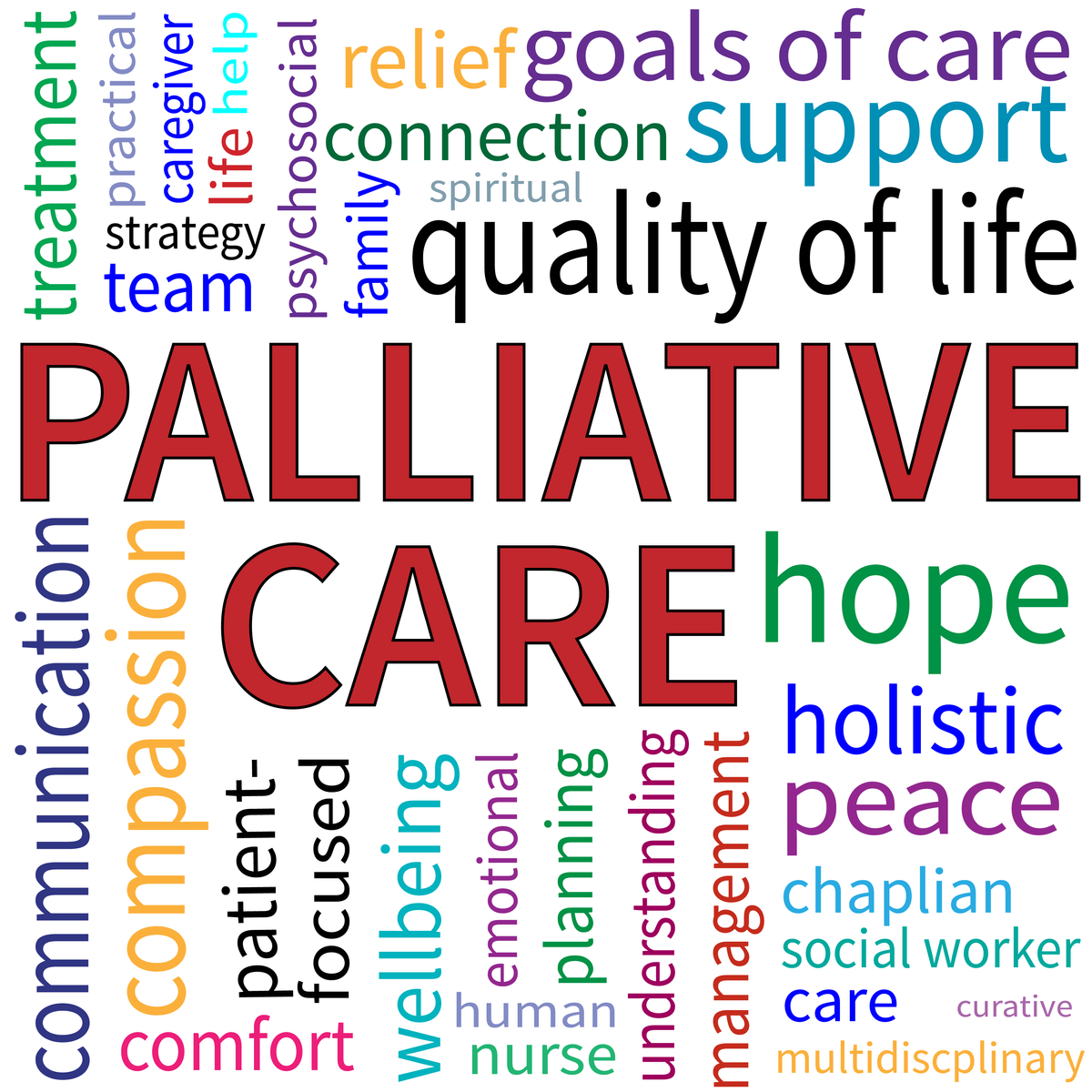
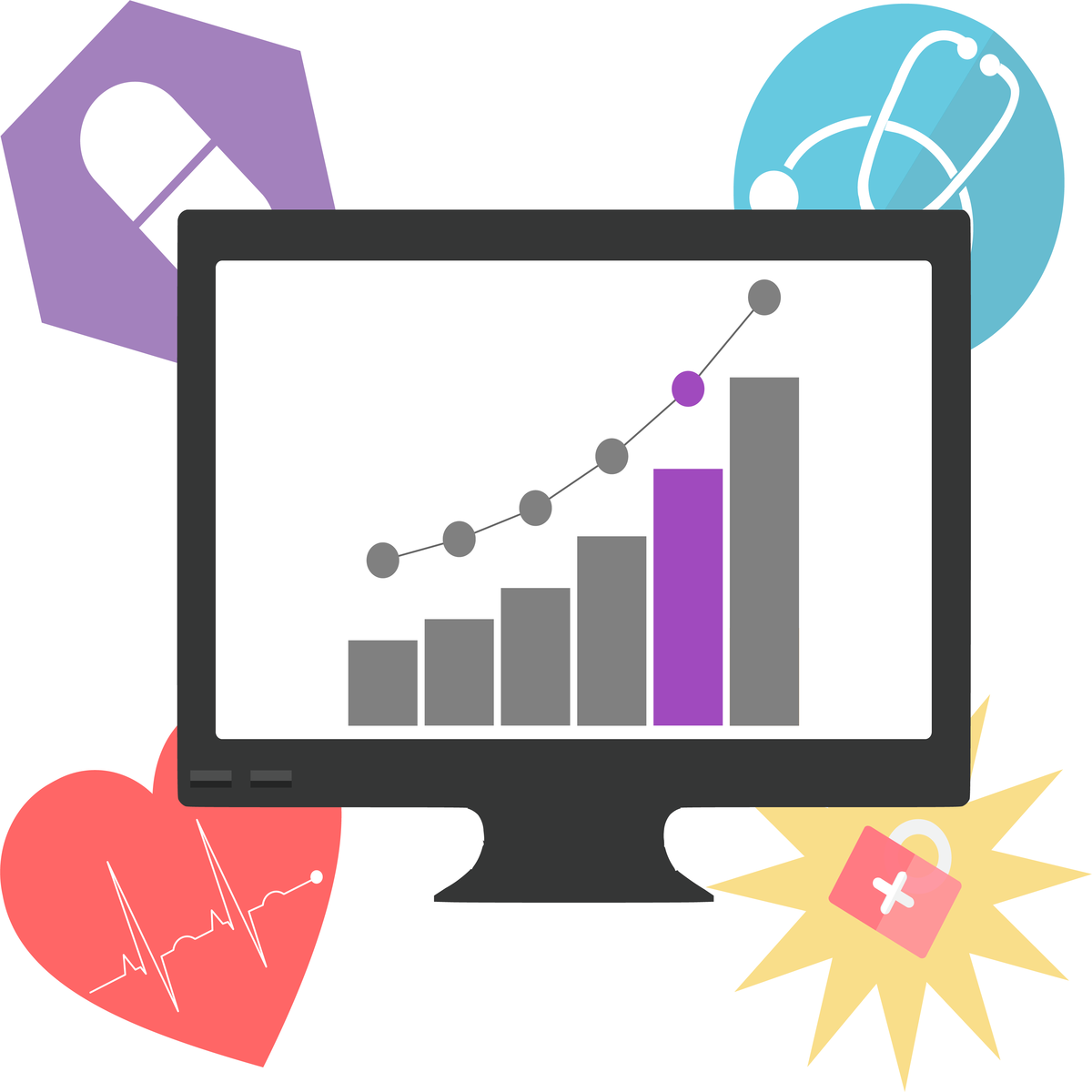
Life Sciences Courses - Page 30
Showing results 291-300 of 644

Health After Cancer: Cancer Survivorship for Primary Care
This course presents basic principles of cancer survivorship to primary-care physicians. Developed by a team of experts in caring for cancer survivors, and narrated by a primary-care physician, this course provides practical tips and tools that can be easily integrated into medical practice.
You will learn about the complex physical and psychosocial needs and concerns of the growing number of cancer survivors, along with the key role that primary care physicians have in guiding these patients back to health, after cancer.
Materials include story-based videos where you will meet four patients with diverse needs in their care after recovery for cancer; printable reference guides for clinical care, communication, and resources; as well as additional optional cases for extended learning.
This self-paced course takes approximately 90 minutes to complete. If you are interested in taking this course for CME credit, please visit the course site at Stanford Center for Continuing Medical Education located here:
https://stanford.cloud-cme.com/course/courseoverview?P=0&EID=35509

Unravelling solutions for Future Food problems
Our society depends on the availability of food and accessibility to it. According to the United Nations nearly 800 million people are hungry and on the other hand, over 650 million people are obese. While many people in developing countries experience food shortage, in industrialized countries people are throwing food away.
These facts show how paradoxical and complex the world’s food problem is.
ln this course, more than 10 food researchers from Utrecht University will address the main issues of food consumption. They will handle two interrelated themes; Food shortage and Healthy choices. You will learn to identify the key ingredients of the world’s food challenges and to think about the solutions for enabling changes in the current food system.
We will also look at the possible sustainable solutions for several accut issues: the demands of the growing human population, the role of nutrition, and the need to understand food choices in order to have healthier diet and consider the possibilities of alternative foods.
We invite you to join us on an interdisciplinary journey through the world food problems. You will gain new knowledge and insights that will help you form your own opinion on these subjects and make better choices in your food consumption.
We hope you will enjoy the course!
The Future Food Team

Comparing Genes, Proteins, and Genomes (Bioinformatics III)
Once we have sequenced genomes in the previous course, we would like to compare them to determine how species have evolved and what makes them different.
In the first half of the course, we will compare two short biological sequences, such as genes (i.e., short sequences of DNA) or proteins. We will encounter a powerful algorithmic tool called dynamic programming that will help us determine the number of mutations that have separated the two genes/proteins.
In the second half of the course, we will "zoom out" to compare entire genomes, where we see large scale mutations called genome rearrangements, seismic events that have heaved around large blocks of DNA over millions of years of evolution. Looking at the human and mouse genomes, we will ask ourselves: just as earthquakes are much more likely to occur along fault lines, are there locations in our genome that are "fragile" and more susceptible to be broken as part of genome rearrangements? We will see how combinatorial algorithms will help us answer this question.
Finally, you will learn how to apply popular bioinformatics software tools to solve problems in sequence alignment, including BLAST.

Multiple Regression Analysis in Public Health
Biostatistics is the application of statistical reasoning to the life sciences, and it's the key to unlocking the data gathered by researchers and the evidence presented in the scientific public health literature. In this course, you'll extend simple regression to the prediction of a single outcome of interest on the basis of multiple variables. Along the way, you'll be introduced to a variety of methods, and you'll practice interpreting data and performing calculations on real data from published studies. Topics include multiple logistic regression, the Spline approach, confidence intervals, p-values, multiple Cox regression, adjustment, and effect modification.
Healthcare Consumerism and Implication for Care Delivery
In this course we will examine the changing role of the consumer in healthcare. Consumers are asking for more accountability in how healthcare is delivered and paid for. Healthcare professionals must make sure that they are delivering high quality, personalized care.
Some of the topics we'll cover are: the healthcare ecosystem, new technologies in healthcare, the development of new payment models, change management in healthcare, data analytics.
By the end of this course, you will be able to:
1. Explain the new role of consumers in healthcare delivery in order to respond to the demands in this changing industry
2. Identify the key players in the healthcare ecosystem
3. Describe how the healthcare system operates and its impact on consumer-driven healthcare.
4. Articulate the challenges facing consumers and providers in order to find potential solutions for these challenges.

Stories of Infection
This course introduces learners to a variety of infectious diseases using a patient-centered, story-based approach. Through illustrated, short videos, learners will follow the course of each patient’s illness, from initial presentation to resolution. Integrating the relevant microbiology, pathophysiology and immunology, this course aims to engage and entice the learner towards future studies in microbiology, immunology and infectious diseases.
The patient-centered videos included in this course were created as part of the Re-imagining Medical Education initiative, led by Charles Prober MD, Senior Associate Dean of Medical Education at the Stanford School of Medicine. This initiative was the first of its kind to explore the collaborative creation of foundational medical education online content by inter-institutional teams of faculty. The content presented in this course was created by faculty from Stanford University School of Medicine, in collaboration with The University of Washington School of Medicine, Duke University School of Medicine, UCSF School of Medicine, and The University of Michigan Medical School. Support for this initiative was provided by the Robert Wood Johnson Foundation and the Burke Family Foundation.
PLEASE NOTE: Information provided in this course is for educational purposes only and is not intended to be used for diagnostic and/or treatment purposes.

Dentistry 101
Dentistry 101 is an introduction to the exciting and diverse field of dentistry through the lens of its many practitioners. If you’re interested in exploring dentistry as a profession, or if you’re ready to pursue a career in it and want to prepare yourself for dental school and the profession that lies ahead, Dentistry 101 will help you better envision the paths you can take.
If you complete Dentistry 101, you'll have a well-rounded introductory understanding of the field of dentistry, and you'll get glimpses of the profession that aren't always easily available. You'll also be better informed about, and more prepared for, the dental school admissions process if you choose to pursue it.

Translating Research to Healthcare Policy
In this course, you will learn about the process of evaluating the real-world outcomes of health research. You will learn important terminology and concepts as you explore how the outcomes of health research can influence health policy and practice. The readings, videos, and activities in this course should be completed in the order they are presented to ensure that you will have the best learning experience possible. This course will be of interest to graduate students, health professions students, scientists, public health professionals, and others conducting or planning a career in translational research.
This is the final course in the “Translational Science” series.

Palliative Care Always Capstone Course
The Palliative Care Always Capstone course is designed to let you test your knowledge about palliative and help others understand the value of palliative care, while showing your creative side. In this course, you will impact community awareness about palliative care, promote self-care and wellness, show-off your communication skills in a virtual environment, and finish the course off by proving your thoughts on ways to offer psychosocial support to a patient and family.

Predictive Modeling and Transforming Clinical Practice
This course teaches you the fundamentals of transforming clinical practice using predictive models. This course examines specific challenges and methods of clinical implementation, that clinical data scientists must be aware of when developing their predictive models.
Popular Internships and Jobs by Categories
Find Jobs & Internships
Browse
© 2024 BoostGrad | All rights reserved